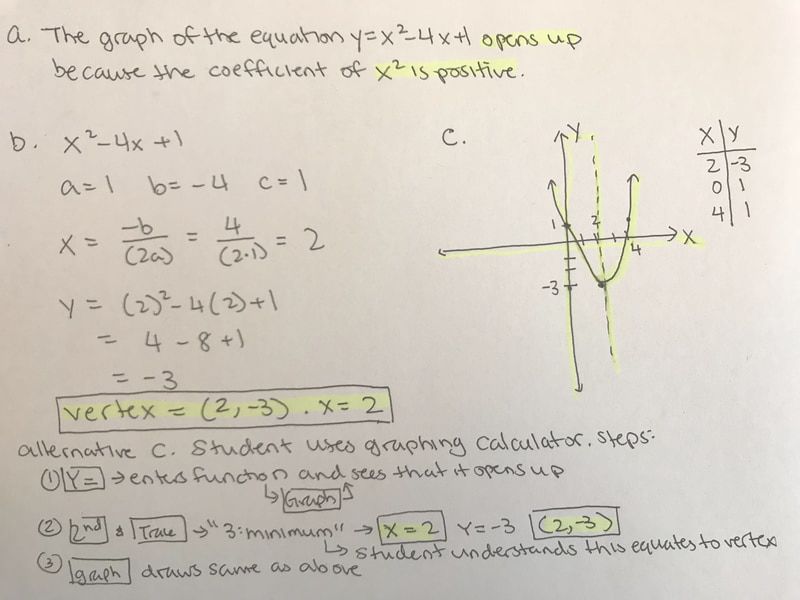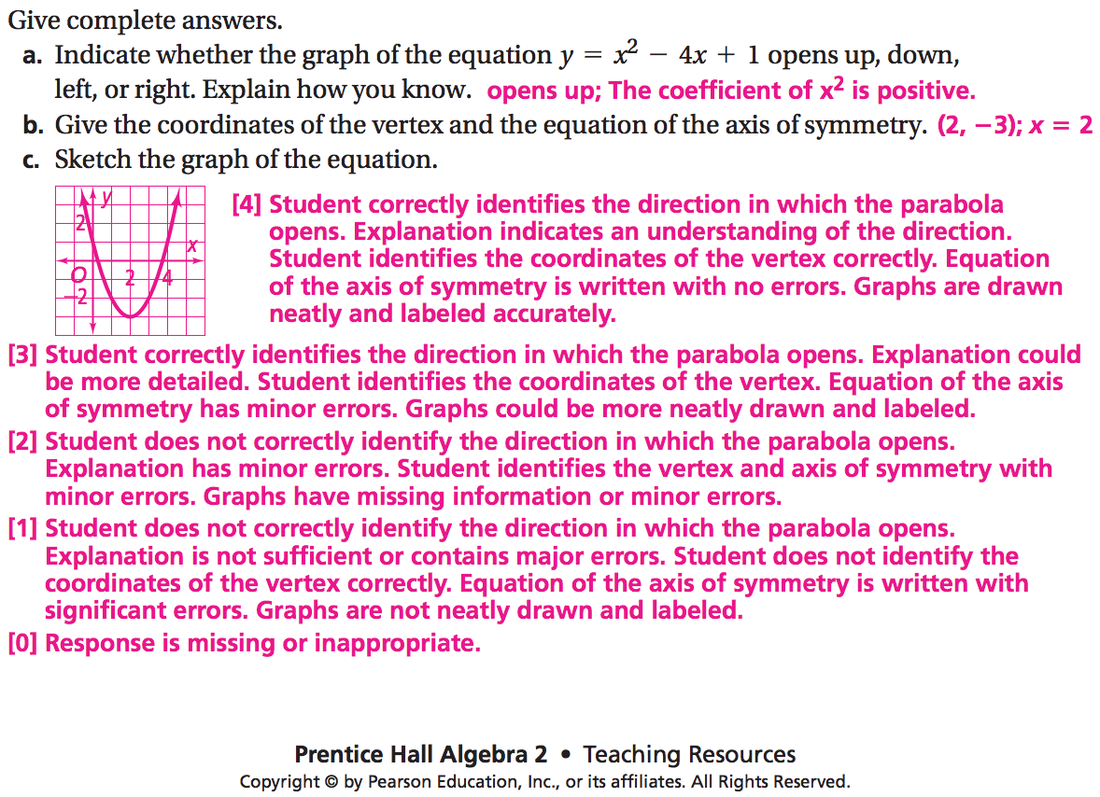Unit Planning
UNIT PLANNING OVERVIEW
Unit planning is important because it allows me to formulate key components of unit mastery. My unit plan consists of a unit overview, exemplar summative assessment, and unit calendar. Since my units are backwards planned, I create the unit summative assessment after the unit overview, but before pacing daily objectives on the unit calendar. Backwards planning ensures that my daily lessons are aligned to unit tests that assess for the big ideas delineated in the unit overview.
First, I lay out all the competencies required for student mastery in a unit plan overview. My unit overview consists of a unit description, essential questions, enduring understandings, Common Core State Standards, content knowledge, vocabulary, objectives, formative assessments, and summative assessments. Classical knowledge, cultural competence, and critical consciousness are all major themes in my unit plan. I emphasize culturally responsive teaching in my unit plan by re-shaping traditional curriculum to incorporate more active teaching methods. Classical, academic knowledge is the foundation for student learning. However, in order for my students to become agents of change, cultural competence and critical consciousness must be intentionally and explicitly incorporated in my unit plan.
Second, I create a summative assessment exemplar. All questions on the summative assessment are aligned to objectives listed in the unit overview. My summative assessments typically consist of multiple choice and short answer questions. While short answer questions provide more insight into the level of student understanding, the ACT math section is all multiple choice, so my students need familiarity with multiple choice questions. I create an exemplar of summative assessment short answer questions in order to visualize what mastery looks like. By creating and engaging in the short answer problems on my summative assessment, I can set expectations for student work. In addition, I create a rubric for each short answer so that grading is fair and consistent.
Third, I pace objectives, content knowledge, and vocabulary listed on the unit overview through a unit calendar. I have altered the traditional template of a unit calendar to add a column for reflection on culturally relevant teaching. The reflection column is essential to my unit calendar because it holds me accountable to incorporating cultural competence and critical consciousness on a weekly basis.
Finally, after completing a unit, I engage in a unit reflection with my department head and co-teachers. The unit reflection dives into the assessment data and looks for trends in student mastery by objective. In addition, I use the unit reflection to assess which objectives I need to re-teach, when and how I will re-teach them. I share my unit reflection with my department head and co-teachers, so we can collaborate on how to help specific students, and how to re-teach objectives that were not mastered, using new methods.
Please scroll down or click on the table of contents below to learn more about my unit overview, summative assessment exemplar, calendar, and reflection.
TABLE OF CONTENTS
Unit Overview
Unit Summative Assessment Exemplar
Unit Calendar
Targeted Re-teach and Unit Reflection
Unit planning is important because it allows me to formulate key components of unit mastery. My unit plan consists of a unit overview, exemplar summative assessment, and unit calendar. Since my units are backwards planned, I create the unit summative assessment after the unit overview, but before pacing daily objectives on the unit calendar. Backwards planning ensures that my daily lessons are aligned to unit tests that assess for the big ideas delineated in the unit overview.
First, I lay out all the competencies required for student mastery in a unit plan overview. My unit overview consists of a unit description, essential questions, enduring understandings, Common Core State Standards, content knowledge, vocabulary, objectives, formative assessments, and summative assessments. Classical knowledge, cultural competence, and critical consciousness are all major themes in my unit plan. I emphasize culturally responsive teaching in my unit plan by re-shaping traditional curriculum to incorporate more active teaching methods. Classical, academic knowledge is the foundation for student learning. However, in order for my students to become agents of change, cultural competence and critical consciousness must be intentionally and explicitly incorporated in my unit plan.
Second, I create a summative assessment exemplar. All questions on the summative assessment are aligned to objectives listed in the unit overview. My summative assessments typically consist of multiple choice and short answer questions. While short answer questions provide more insight into the level of student understanding, the ACT math section is all multiple choice, so my students need familiarity with multiple choice questions. I create an exemplar of summative assessment short answer questions in order to visualize what mastery looks like. By creating and engaging in the short answer problems on my summative assessment, I can set expectations for student work. In addition, I create a rubric for each short answer so that grading is fair and consistent.
Third, I pace objectives, content knowledge, and vocabulary listed on the unit overview through a unit calendar. I have altered the traditional template of a unit calendar to add a column for reflection on culturally relevant teaching. The reflection column is essential to my unit calendar because it holds me accountable to incorporating cultural competence and critical consciousness on a weekly basis.
Finally, after completing a unit, I engage in a unit reflection with my department head and co-teachers. The unit reflection dives into the assessment data and looks for trends in student mastery by objective. In addition, I use the unit reflection to assess which objectives I need to re-teach, when and how I will re-teach them. I share my unit reflection with my department head and co-teachers, so we can collaborate on how to help specific students, and how to re-teach objectives that were not mastered, using new methods.
Please scroll down or click on the table of contents below to learn more about my unit overview, summative assessment exemplar, calendar, and reflection.
TABLE OF CONTENTS
Unit Overview
Unit Summative Assessment Exemplar
Unit Calendar
Targeted Re-teach and Unit Reflection


